
Book
Oceans of Grain
How American Wheat Remade the World
Recommendation
Professor Scott Reynolds Nelson takes an evocative look at political economics, largely through the lens of grain trading. This focus on seemingly simple commodities highlights how economics – in its most fundamental form, the trading of goods – shapes the complexity of human history. Nelson deftly shows that economic practicalities like food shortages, national interests and competition lay at the root of battles, wars and revolutions, particularly in 19th-century Russia, America and Ukraine, with impacts that resonate to this day.
Summary
About the Author
Scott Reynolds Nelson is a professor of humanities at the University of Georgia. He is a Guggenheim fellow and the author of five books, including the award-winning Steel Drivin’ Man.








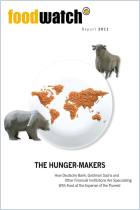
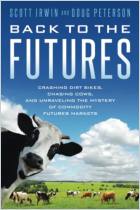
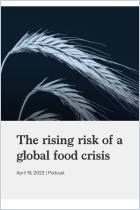
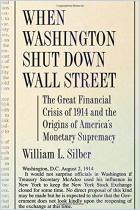
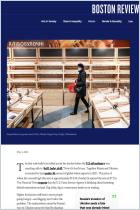
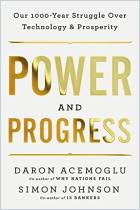



Comment on this summary or Comenzar discusión